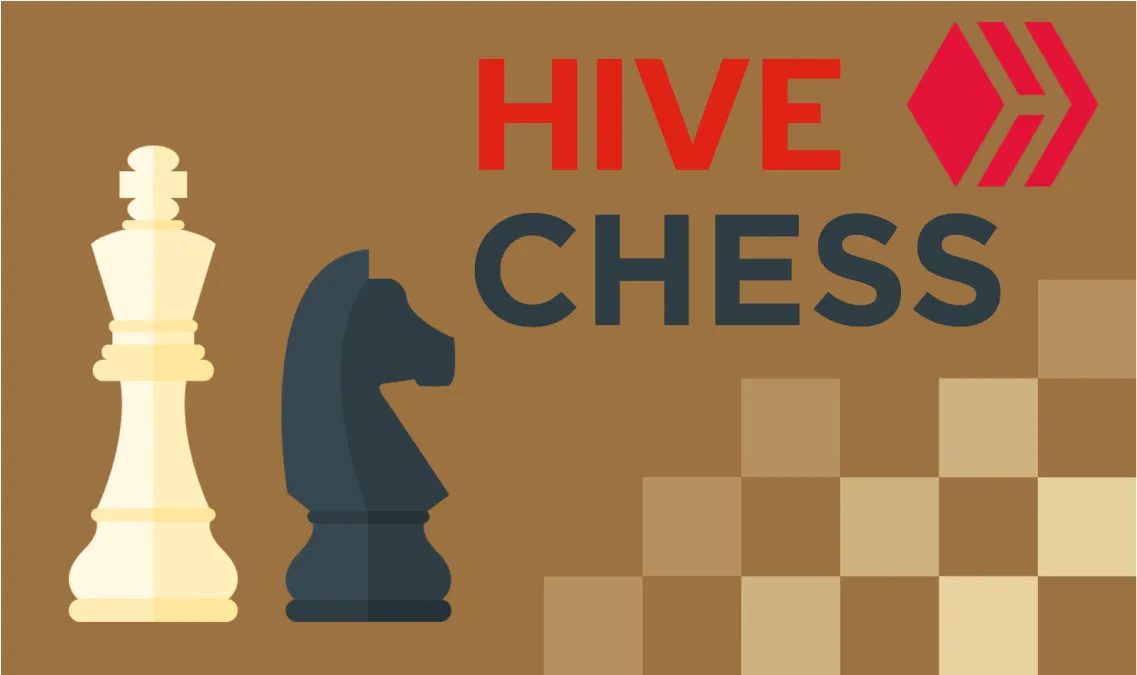
Hello chess lovers,
Welcome to another HiveChess lecture where I get to talk about a specific chess topic while sharing my knowledge with all interested chess fans. In this episode of HiveChess Lecture we will be looking at how capturing in chess can change the position.
One unique feature out of the numerous features that differentiates chess from checkers or Draughts, as some people like to call it in my area, is the presence of choice. Unlike draughts, where it is compulsory to capture, in chess it is optional. If you want to capture, that is totally up to you, and if you do not want to capture, that is still up to you. That is one of the beauty of chess.
Here is a thing about capturing in chess, just like many possible combinations could occur in chess, there are so many things that can happen in a position when capture occurs. It could be losing for a player if they capture the wrong piece and it even be worse when they use the wrong piece to capture. Probably in a position where there are more than one piece that can capture.
Most importantly, capture can be the move that wins the game for good like the game we will be looking at later in the lesson.
Whenever a capture occurs on the board, it changes the course of the game immediately, thereby bringing in new possibilities which, if not calculated or thought about earlier, could lead to a loss for the player who failed to include what happens next when capture occurs.
I wouldn't deny it, I have had my fair share of losses because of a wrong capture and some pretty good wins because of a good capture. But this lecture is not about me, so we will use a popular game between two renowned grandmasters. Although one of the grandmasters recently participated in the Superbet Blitz and Rapid in Poland earlier this year, around April, the other grandmaster has retired from active chess.
It is the 1999 game between Kasparov and Topalov in Wijk aan Zee, where Topalov lost the game due to a brilliant rook capture move.
Gary Kasparov 2812 (1) vs Veselin Topalov 2788 (0)
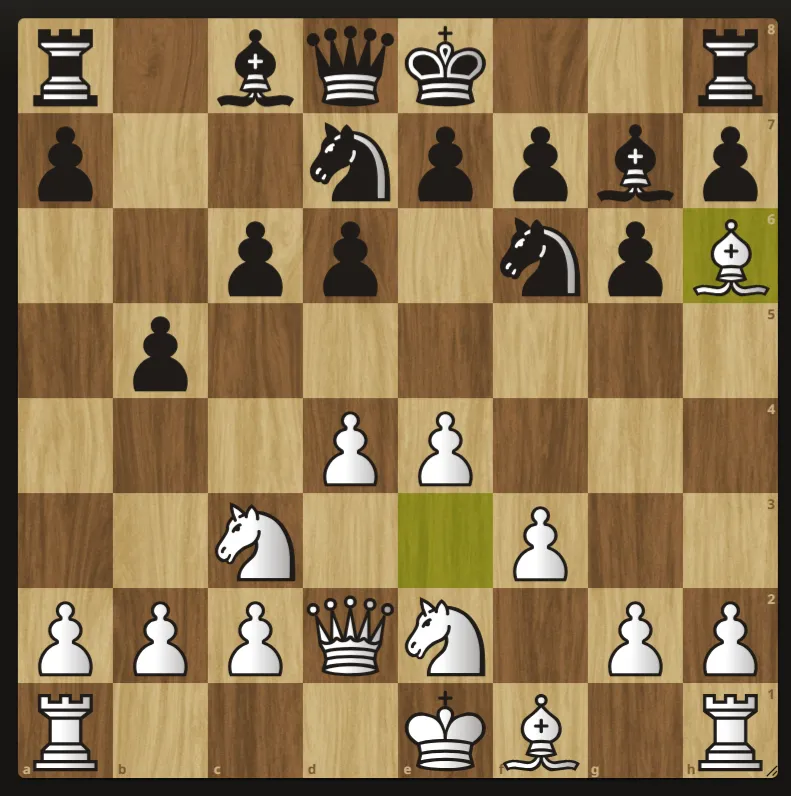
An aggressive position for white gained from playing against Black's Pirc Defense. From the position of white's dark-squared bishop on h6, and the Qd2, it is easy to tell that white is coming for an attack on the kingside while trying to offer an exchange of the bishop, which removes black's strongest defender if he castles his king to the kingside, (the bishop on g7).
That is not all, the placement of the white queen on d2 shows white might also be planning to castle long and launch a kingside attack with his g2 and h4 pawns.
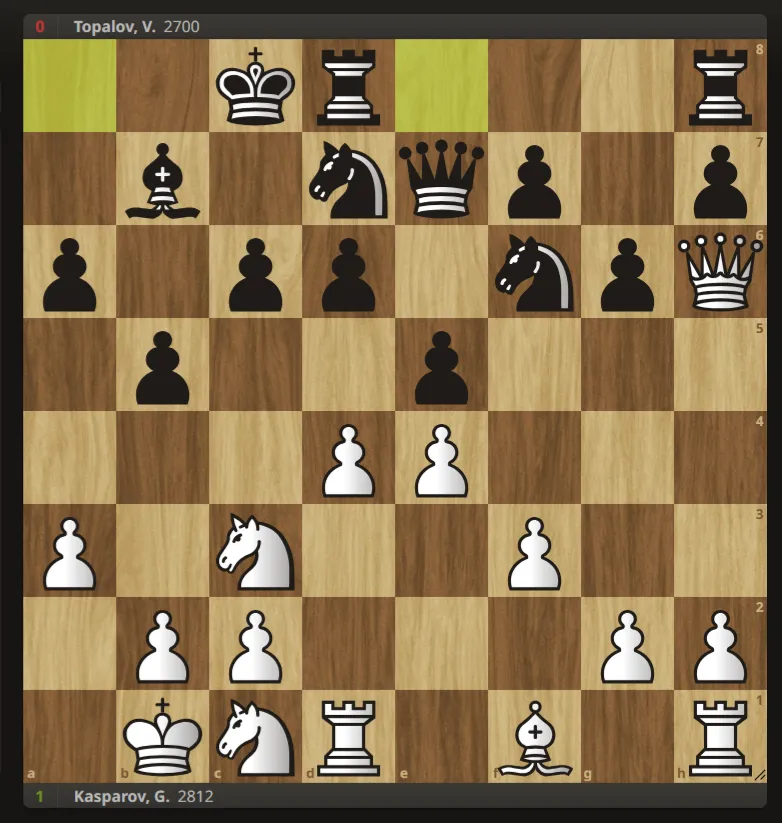
Black decided to play it smart by castling in the same direction as white (to the queen side), making it more interesting and giving him a fighting chance as well.
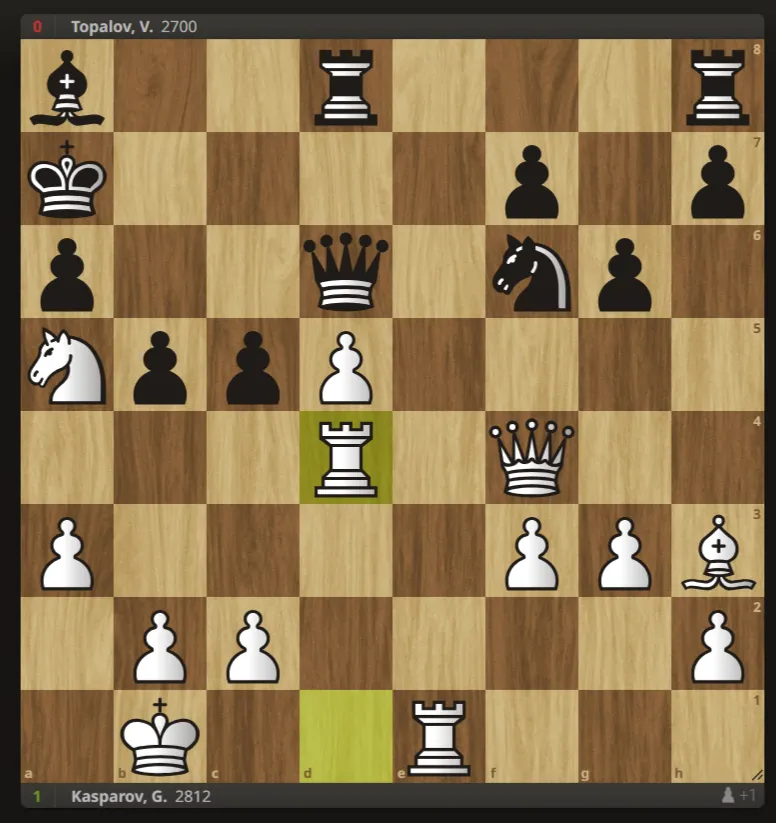
Rxd4!, the move that changes the position. At first glance, I did not see the idea behind the Rxd4, but when I looked closely and I figured out the next move, Re7 coming in next, after cxd4 leads to a strong mating attack for white, it became clear that the Rxd4 was a novelty and that is how it played out.
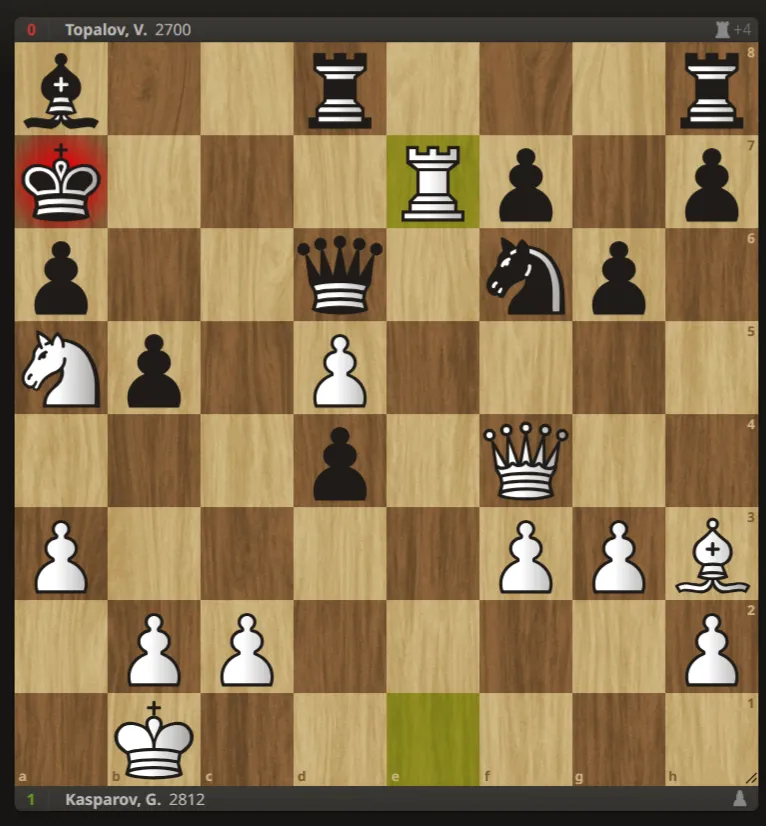
Sacrificing the rook on the next move, and if black captures the rook on e7 with his queen, Qxd4 leads to a mate in 4 moves. So black went for Kb6, but it did not change much.
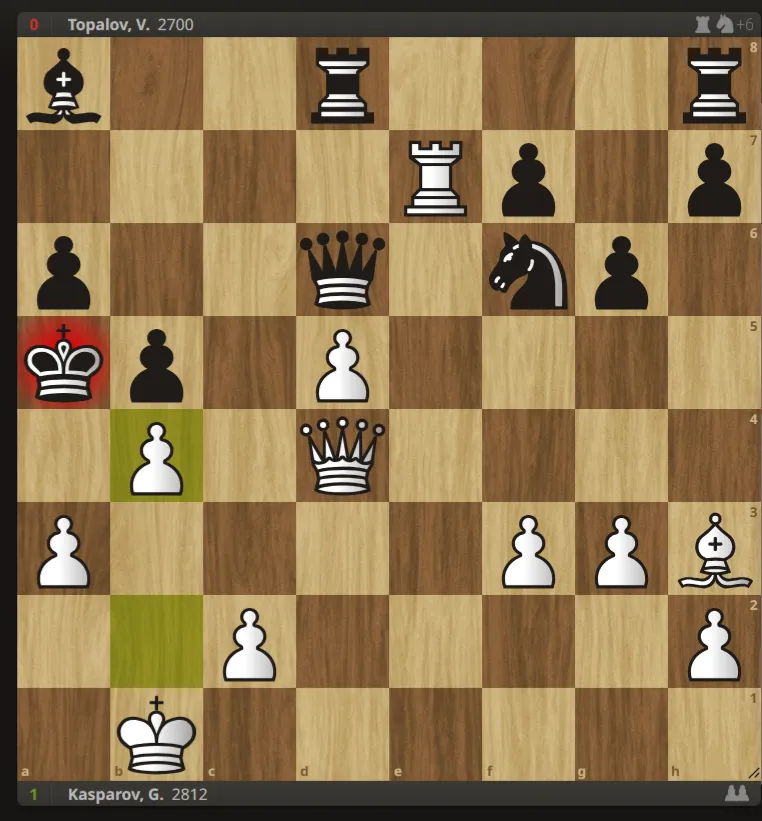
Now the king is exposed, and more combinations are going to come in. The Rxd4 move is what brought about all these possibilities, and that is the power of capture. It can work both ways, and do not forget that.
Here is the link if you would like to see the entire game:
Game Link
And the game PGN:
1. e4 d6 2. d4 Nf6 3. Nc3 g6 4. Be3 Bg7 5. Qd2 c6 6. f3 b5 7. Nge2 Nbd7 8. Bh6 Bxh6 9. Qxh6 Bb7 10. a3 e5 11. O-O-O Qe7 12. Kb1 a6 13. Nc1 O-O-O 14. Nb3 exd4 15. Rxd4 c5 16. Rd1 Nb6 17. g3 Kb8 18. Na5 Ba8 19. Bh3 d5 20. Qf4+ Ka7 21. Rhe1 d4 22. Nd5 Nbxd5 23. exd5 Qd6 24. Rxd4 cxd4 25. Re7+ Kb6 26. Qxd4+ Kxa5 27. b4+ Ka4 28. Qc3 Qxd5 29. Ra7 Bb7 30. Rxb7 Qc4 31. Qxf6 Kxa3 32. Qxa6+ Kxb4 33. c3+ Kxc3 34. Qa1+ Kd2 35. Qb2+ Kd1 36. Bf1 Rd2 37. Rd7 Rxd7 38. Bxc4 bxc4 39. Qxh8 Rd3 40. Qa8 c3 41. Qa4+ Ke1 42. f4 f5 43. Kc1 Rd2 44. Qa7 1-0

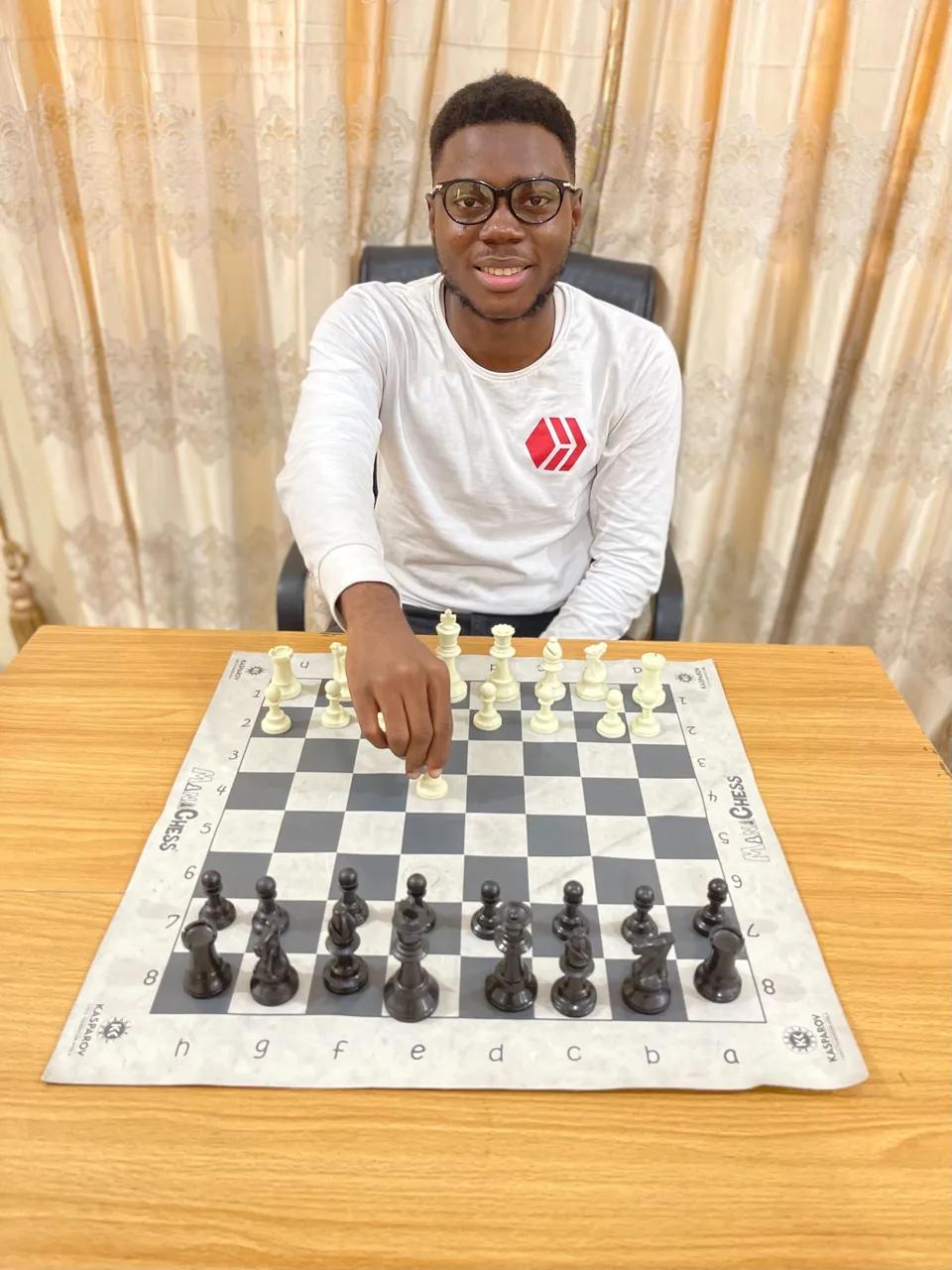
I am @samostically, I love to talk and write about chess because I benefited a lot from playing chess, and I love writing about chess.
♟♟♟♟♟♟♟♟♟
